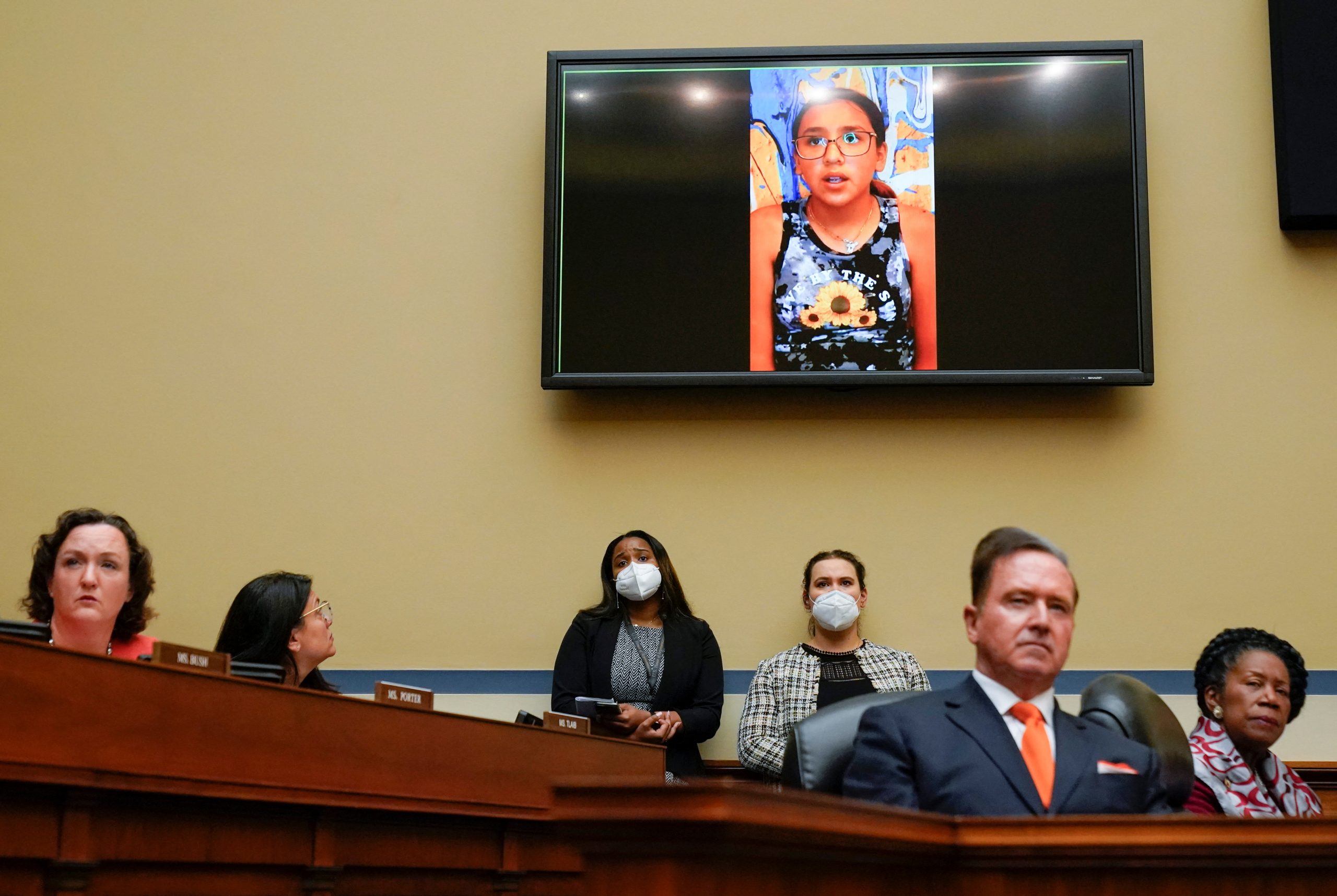
Willie R. Tubbs, FISM News
[elfsight_social_share_buttons id=”1″]
Despite the fact that the House passed sweeping gun reform on Wednesday along mostly party lines, Democrat and Republican negotiators say they are still far from a gun control deal that will satisfy enough Republicans to proceed. Negotiators did, however, stress that the proposal is starting to take shape.
Lawmakers have been mum on just what shape that is, or even how many people in either party are truly on board.
“I think it’s way too soon to start predicting how many are going to vote for it,” Senate Minority Leader Mitch McConnell said in an interview with CNN. “We don’t have an agreement yet, and so I don’t want to speculate about how many of my members might support it. Step 1 is to try to get a deal, as I’ve said repeatedly. I hope that’ll be sooner rather than later.”
Sen. John Cornyn (R-Texas), a Republican negotiator tabbed by the mainstream media as amenable to voting for tighter gun legislation, was even more cryptic in a tweet Wednesday evening, saying he wants “to make law – not a statement.”
After the tragedies in Uvalde, and elsewhere, we've all asked: what can we do to save lives?
My goal is to make law – not a statement.
I want to find targeted solutions to this problem and protect the rights of law-abiding gun owners.
https://t.co/AI3SoJl3Hy— Senator John Cornyn (@JohnCornyn) June 8, 2022
For all the vagary of his tweet, Cornyn offered the best hint of what is to come. In the equally divided Senate, Democrats need 10 Republicans to vote yes in order to overcome a filibuster.
Republicans, many of whom represent areas in which any tightening of gun laws could spell political disaster for an incumbent, are unlikely to support anything seen as an attack on the Second Amendment.
As such, the law that is emerging will involve measures that would leave the Second Amendment generally untouched. Two of the measures – more funding for mental health and school security measures – would have no direct impact on Americans’ right to buy or possess firearms and are widely popular with the right.
Two other laws would restrict some Americans’ access to firearms, but it is believed they would likely be agreeable to at least 10 Republicans.
The first potential change would be to strengthen red flag laws by providing federal incentives to states that choose to empower judges to temporarily confiscate firearms from people deemed a danger to themselves or others. The second would allow juvenile records to be considered when people aged 18-to-21 seek to purchase higher-powered firearms like an AR-15.
If these measures represent the totality of the new gun law, sufficient Republican support would be possible, if not certain, but the question would then become if Democrats would be willing to back the measure in the Senate or House.
Such a law would fall well short of the scope Democrats have sought, and certainly more than President Joe Biden urged in his recent prime time speech.
In a Wednesday hearing of the House Oversight Committee, one in which numerous residents of Uvalde, Texas, participated, Democrats sounded like a group that would demand a far more restrictive gun law package.
“After 19 innocent children and two teachers lost their lives in Texas just ten days after the mass shooting in my home state of New York, I’m turning my anger into action,” Committee Chair Carolyn B. Maloney (D-N.Y.) said in her opening statement. “Our hearing will examine the terrible impact of gun violence and the urgent need to rein in the weapons of war used to perpetrate these crimes. It is my hope that all my colleagues will listen with an open heart as gun violence survivors and loved ones recount one of the darkest days of their lives. This hearing is ultimately about saving lives, and I hope it will galvanize my colleagues on both sides of the aisle to pass legislation to do just that.”
However, any legislation that threatens or would weaken the Second Amendment will almost certainly be doomed in the Senate.
Rep. James Comer (R-Ky.), the top Republican on the committee, gave voice to the notion during the hearing when he criticized “knee-jerk reactions to impose gun control policies that seek to curtail our constitutional right to bear arms are not the answer.”
Comer added, “We should commend all law-abiding gun owners who safely use, store, and carry those firearms. Not vilify them for blatantly political purposes.”
Lawmakers heard heartbreaking testimony from the parents of victims of the Robb Elementary School shooting, Uvalde’s only pediatrician, and a child who suffered the tragedy of witnessing her teacher and classmates being murdered.
Miah Cerrillo, a fourth-grade student at Robb Elementary, recounted the horrific day in which she smeared blood on herself and played dead to survive. She then stated that she hoped “to have security” at her school, saying “I don’t want it to happen again.”
Felix and Kimberly Rubio, the parents of Lexi Rubio, a 10-year-old killed in the Uvalde school, called for lawmakers to raise the minimum age to purchase an assault rifle from 18 to 21, tighter red flag laws, and the removal of legal protections that prevent gun manufacturers from being sued if their weapons are used in shootings.
“We seek a ban on assault rifles and high-capacity magazines,” Kimberly said. “We understand that for some reason, to some people, to people with money, to people who fund political campaigns, that guns are more important than children. So, at this moment, we ask for progress.”
